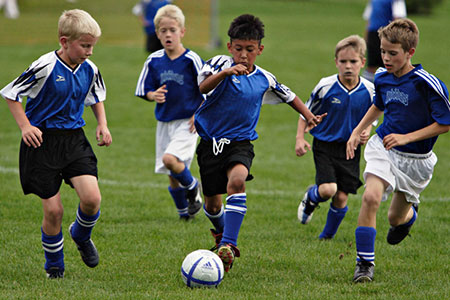3470. How to Motivate Students: Some Hints

Obviously it is convenient and correct we teachers should try to keep discipline in the classroom. However, let’s not focus all our strength on managing the class. If we achieve to get our dear students focused on work, that work which is being carried out will make them more focused and roped in the lesson. In that way also we will help them become more interested in what is being developed in the classroom. And furthermore, more likely than not, they will be more motivated. Otherwise, if we devote too much effort and time to keeping them calm, we will not teach at all. It's kind of a balance, a nice balance. Have a nice weekend. / Photo from: Skyscrapers The RG Group























